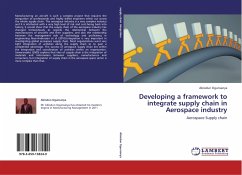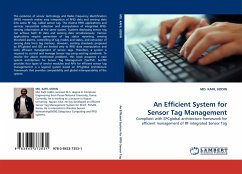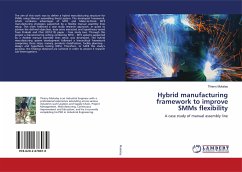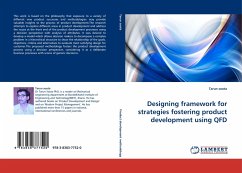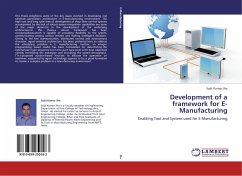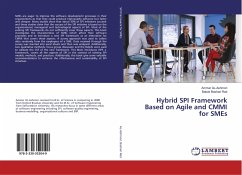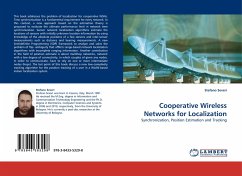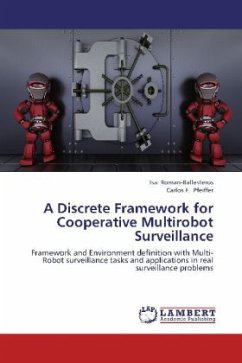
A Discrete Framework for Cooperative Multirobot Surveillance
Framework and Environment definition with Multi-Robot surveillance tasks and applications in real surveillance problems
Versandkostenfrei!
Versandfertig in 6-10 Tagen
32,99 €
inkl. MwSt.

PAYBACK Punkte
16 °P sammeln!
Robotic Surveillance is a new area studying applications where robots deal with surveillance tasks. The objective this work is the development of a framework that gives the bases to model the necessary behaviours and functions of robotic agents for surveillance, and this can be used to implement a Robotic surveillance system. Because of the heterogeneous nature of the robotic agents that can be used and the diversity of elements in a surveillance system, the framework models the problem as discrete event systems where the necessary operations are performed by different agents. The framework in...
Robotic Surveillance is a new area studying applications where robots deal with surveillance tasks. The objective this work is the development of a framework that gives the bases to model the necessary behaviours and functions of robotic agents for surveillance, and this can be used to implement a Robotic surveillance system. Because of the heterogeneous nature of the robotic agents that can be used and the diversity of elements in a surveillance system, the framework models the problem as discrete event systems where the necessary operations are performed by different agents. The framework includes a formal definition of Surveillance, a hierarchy of alarm events, a model of the surveillance environment using a space tessellation, a definition of sensors and surveillance agents, a model of the interactions among the agents, and formal definitions of different kinds of surveillance patrolling. It also shows the use of Petri nets as a way to model the interactions between the different agents and consequently analyze the system. The proposed framework was used to model an experimental set-up for a fire detection surveillance system and for a patrolling problem using three robots.



